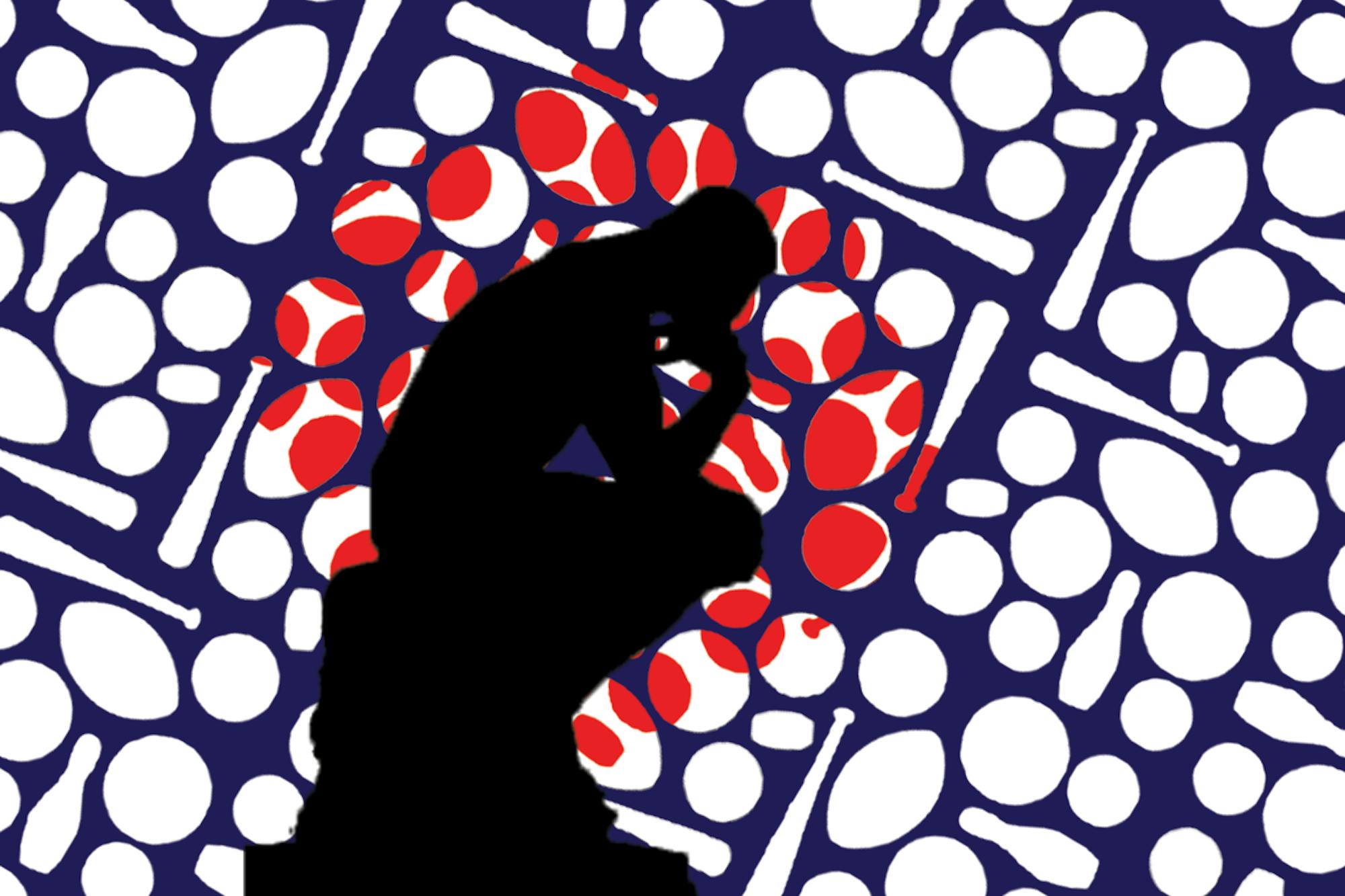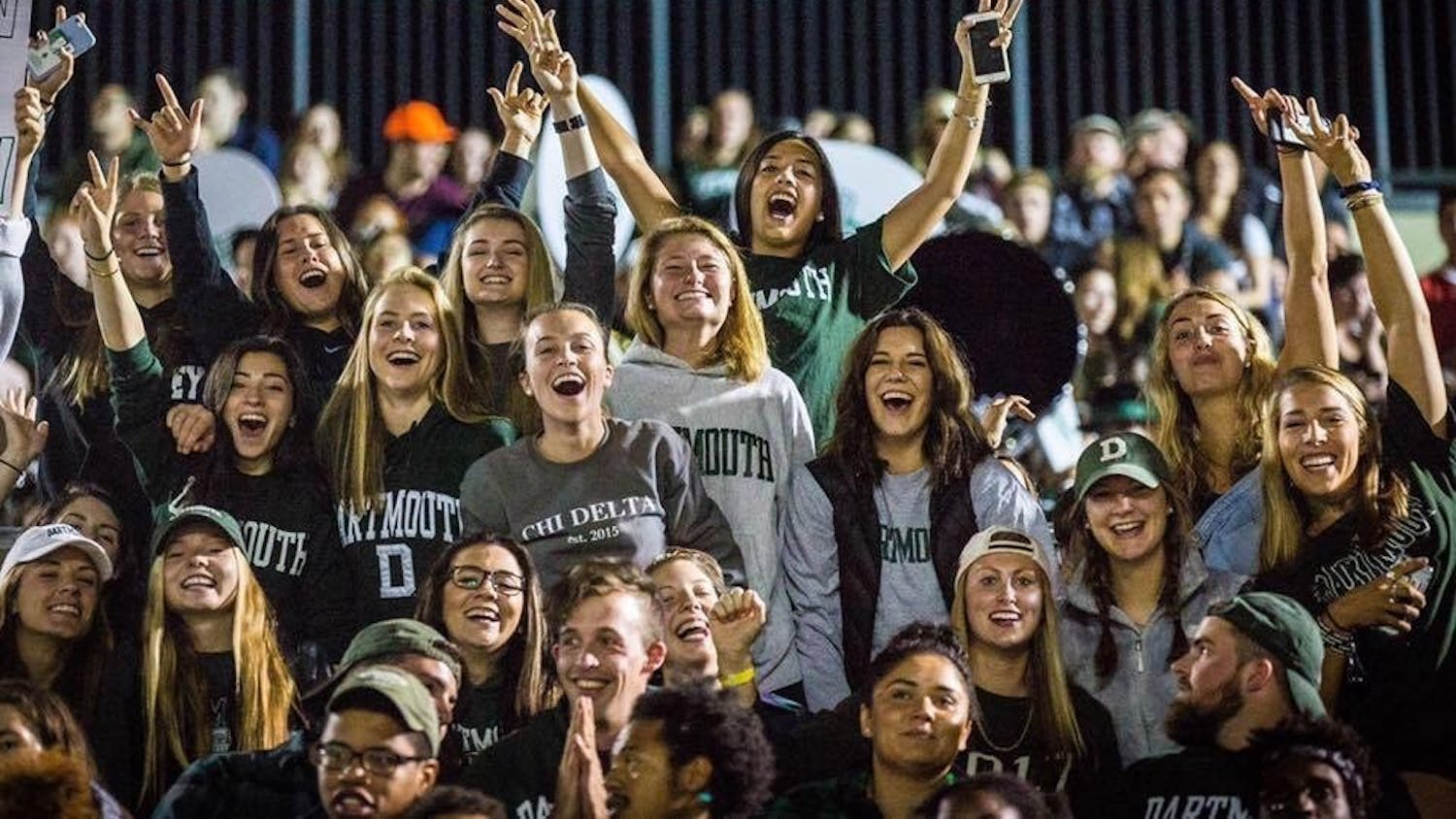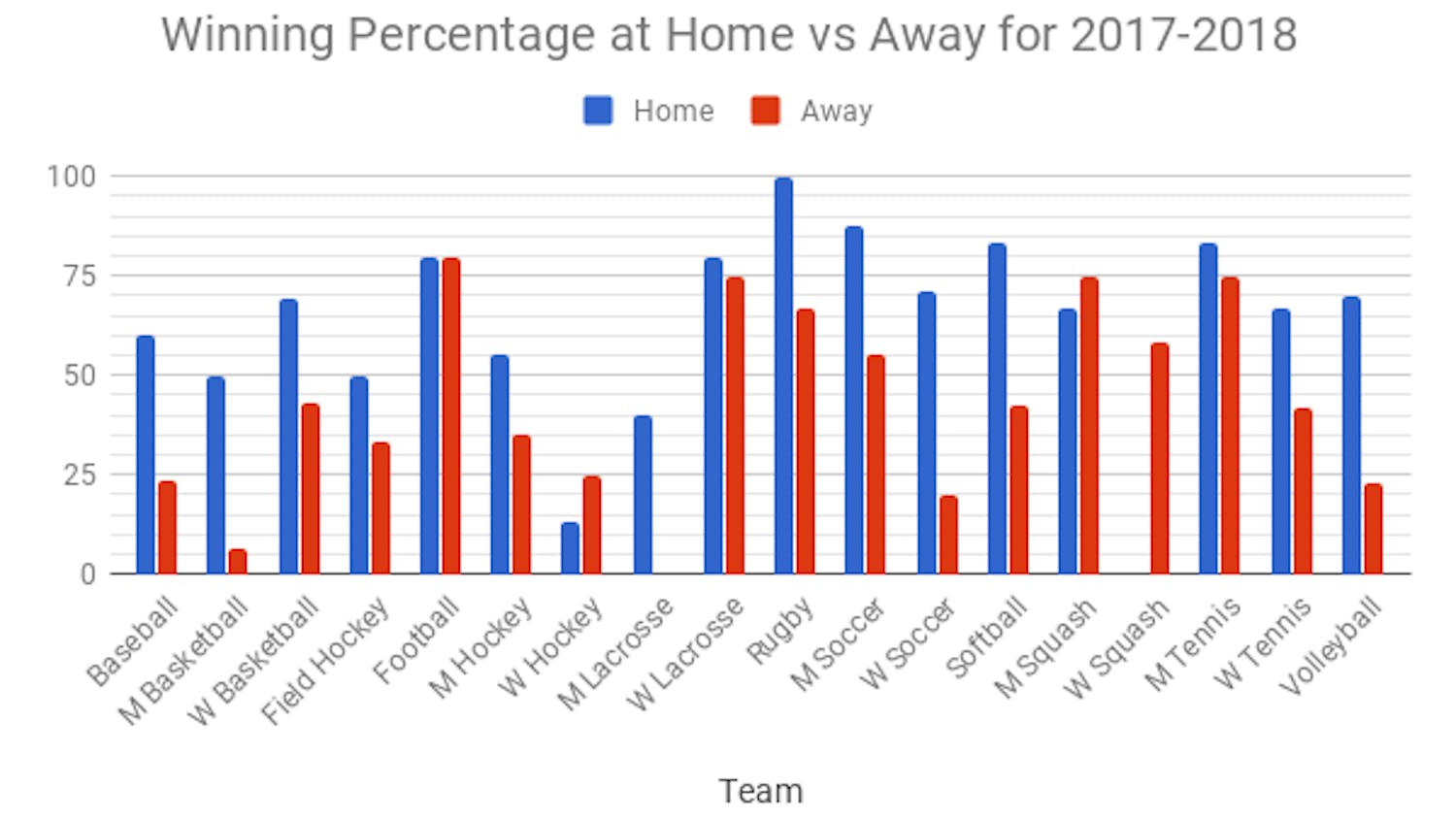Being confined to my house over the past few weeks has got me to thinking a good deal about crowds.
Normally, I’m not a fan of crowds, so social distancing has not been too difficult for me. But I do enjoy sitting among the crowd at a sports game — especially when it's Cardinals baseball.
Last Thursday was supposed to be the Cardinals’ home opener, one of St. Louis’ most important holidays. For diehard Cardinals fans like me, the day is downright sacred, heralding the beginning of baseball in the greatest baseball town in America.
I’ve only been to one home opener in person — in 2012 — but I’ll never forget the electric atmosphere. The best part, actually, is the pregame ceremony, in which all of the living Cardinals Hall of Famers, wearing bright red blazers, shake hands with each player on the current roster. It’s an awe-inspiring sight, with Busch Stadium taking in the history and pageantry of the National League’s greatest franchise and the Gateway Arch in full view in the outfield.
And, of course, the Clydesdales.
The world-famous Budweiser Clydesdales, per tradition, circle the track around the field to the delight of the fans. The organist strikes up “Here Comes the King,” the advertising jingle written for Anheuser-Busch brewery. Everyone claps along, including the young children. It’s a catchy tune.
For obvious reasons, none of that happened this year. It may be a matter of several months, perhaps more than a year, before it’s safe to return to our old habits. But when that time comes, you can bet that St. Louisans will be eager to fill up the stands to support their team.
I’m not so sure that will be the case at Dartmouth, however.
Over the years, this newspaper has thoroughly documented the poor attendance at Dartmouth sports games, with the occasional exception of football. And many of the students who do show up to games tend to be athletes from other varsity teams.
That’s a shame, because football is not the only good sport we have at Dartmouth. The women’s lacrosse team, for example, was ranked No. 9 in the nation when the 2020 season — in which the team went 5-0 with two upsets of top-15 teams — was canceled. Average attendance at the team’s three home games at 1,600-seat Scully-Fahey Field? Two hundred and thirty people.
Something has to be done about that. We can’t let our teams be cheered on by just a few solitary voices crying out in the wilderness. This is a problem, and it must be solved.
Now, you may be thinking, is this really the time to discuss how to increase crowd sizes? Social distancing is all the rage now, I get it, but this column is only going to last a couple months until I graduate virtually, so I’ve got to get my thoughts on paper — er, computer — before it’s too late.
Let’s cut to the chase. How do we get more students to go to Dartmouth games once it’s safe enough for sports to resume?
I have a modest proposal: Sell beer at the games.
To those 21 or older, of course.
Think about it — if there’s anything Dartmouth students love more than academic rigor, it’s beer. So, what better way to entice students away from their intense study sessions on Friday and Saturday nights than $3 drinks at the hockey game? Attendance would skyrocket.
Consider the alternatives. The College could lower ticket prices, but that’s out. Admission to games is already free for students, so you’d basically just be paying students to go to games. You might as well take that money and put it to better use, like maybe a fund to buy every student a Canada Goose jacket for outdoor games on cold nights.
Dartmouth could also offer students extra credit for attending games. That might work, but the economics department would almost certainly veto it, since it would prove that there is such a thing as a free lunch, after all.
From the College’s perspective, selling beer at the games could solve more problems than one. If you don’t want students drinking at those unregulated study sessions on weekend nights, why not have them do it where drinking is supposed to be done — at a sports game?
That’s certainly the case at Cardinals games. Beer and baseball are inextricably linked in St. Louis. Anheuser-Busch literally owned the team from 1953 to 1996. Gussie Busch changed the name of the old Sportsman’s Park in St. Louis to Busch Stadium, and then created Busch beer, since you couldn’t technically name a park after a beer.
And although the Clydesdales only appear on special occasions, “Here Comes the King” is played over the loudspeaker after the seventh inning of every home game, as fans purchase their last round of Buds.
It’s no surprise, then, that the Cardinals draw over 3 million fans a year.
That’s probably too high of a bar to set for Dartmouth, but there’s a lot to be gained from having bigger crowds at sports games. Dartmouth students are proud of their school, yet don’t often display school spirit. And how can they, if there’s no beer at sports games?
So perhaps it’s time for Dartmouth to shake off its New England puritanism and embrace what sports is really all about.
As long as it isn’t Keystone Light.




